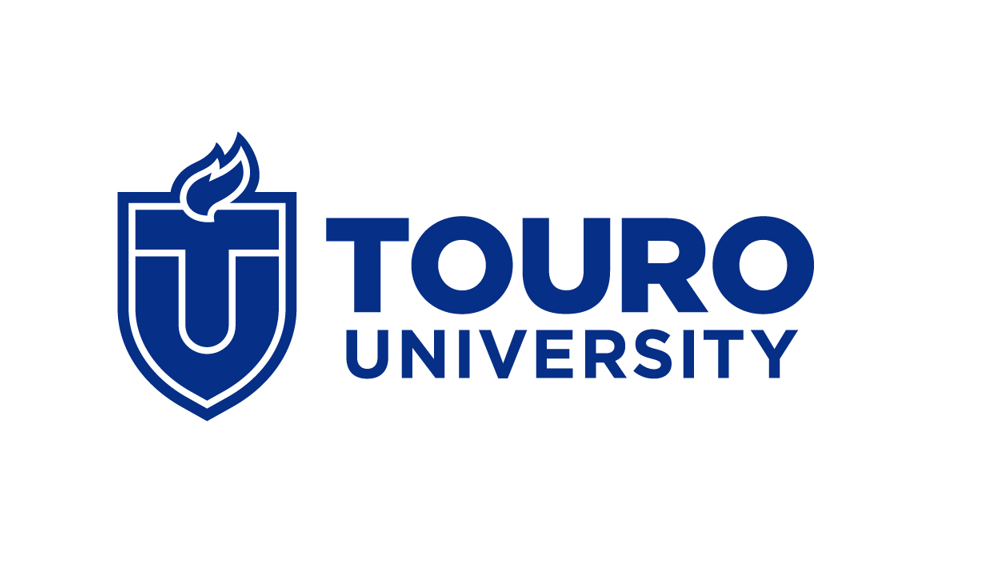Accepted keynote: A Brave New World: AI as a Nacent Regime?
for The 27th World Multi-Conference on Systemics, Cybernetics and Informatics: WMSCI 2023© September 12 – 15, 2023 ~ Virtual Conference
Conference Purpose
The purpose of WMSCI 2023 is to promote discussions and interactions between researchers and practitioners focused on disciplinary, interdisciplinary and transdisciplinary issues, ideas, concepts, theories, methodologies and applications. We are particularly interested in fostering the exchange of concepts, prototypes, research ideas, and other results which could contribute to the academic arena and also benefit business, and the industrial community.
WMSCI 2023 is an international forum for scientists and engineers, researchers and consultants, theoreticians, and practitioners in the fields of Systemics, Cybernetics, and Informatics. The forum focuses on specific disciplinary research, and also in multi, inter, and trans-disciplinary studies and projects. One of its aims is to relate disciplines, fostering analogical thinking and, hence, producing input to logical thinking.
Authors and Abstract:
Jasmin COWIN[1]
Department of TESOL/Bilingual Education, Graduate School of Education, Touro University, NY, 10018, U.S.A.
Birgit OBERER[2]
ETCOP Institute for Interdisciplinary Research, Klagenfurt, Austria
Cristo LEON[3]
Office of Research & Development, NJIT, Newark, NJ, 07102-1982, U.S.A.
Aldous Huxley, in his seminal work ‘Brave New World,’ offers an incisive literary critique of a society where technological determinism also suppresses the quintessence of humanity. As we approach a paradigm dominated by Generative AI, the echoes of Huxley’s admonitions are evident in contemporary debates about AI’s trajectory and potential ramifications. Drawing parallels between Huxley’s dystopia and the current technological milieu, this keynote and article take a deep dive into AI’s potent capability to influence human behavior, shape societal norms, and potentially homogenize linguistic expression. Citing instances such as language simplification observed on platforms such as X (formerly Twitter) and ALEXA, we highlight the risks associated with an unchecked embrace of AI-driven tools that could inadvertently standardize and curtail the rich tapestry of human language, creative thoughts, and authentic expression. While acknowledging AI’s transformative potential across domains, our discourse emphasizes the imperative of ethical considerations, democratic governance, and the preservation of core human values through trans-disciplinary connections, discourse, and debates. Using ‘Brave New World’ as a literary compass, we advocate for a transdisciplinary dialogue that critically assesses AI’s impact on our social ethos, logos, and pathos. Furthermore, the article underscores our collective responsibility to harness AI’s potential in ways that augment our shared human experiences without eroding the nuanced intricacies that define our identity and autonomy. It addresses the cost of uniformity and stability, the role of technology and consumerism, emotional experiences, deep relationships, personal growth, and the danger of totalitarian control with AI emerging as a nascent regime powered by oblique algorithms implemented by transnational global companies. This transdisciplinary keynote serves both as a reflection on humanity’s place in an automated age and a call to action, urging for technological deployment that amplifies, rather than diminishes, our inherent humanity.
Keywords:
Generative AI
Language simplification
Societal norms
Transdisciplinary dialogue
Transnational global companies
Ethical considerations
Human identity

